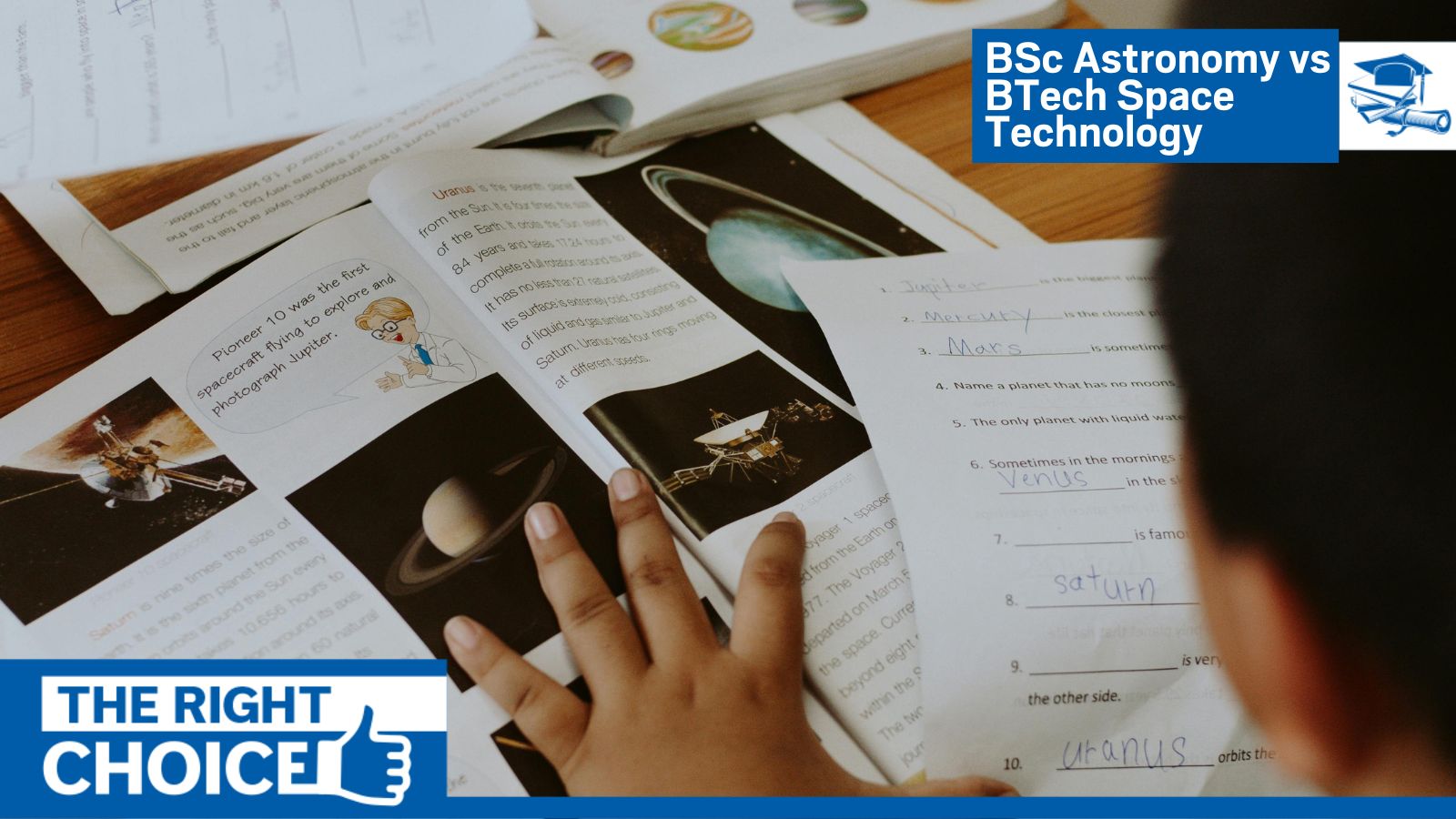BSc Astronomy vs BTech Space Technology: Launching Your Space Career
Choosing the right degree can be crucial for a successful career in the burgeoning space sector. This guide explores BSc Astronomy and BTech Space Technology, helping you decide which is the best fit for your aspirations.
Understanding the Options
Both BSc Astronomy and BTech Space Technology offer pathways into the space industry, but their focus differs significantly.
BSc Astronomy
A BSc in Astronomy provides a strong foundation in the fundamental physics and mathematics underlying celestial phenomena. It's ideal for those interested in research, theoretical astrophysics, and understanding the universe's origins and evolution.

Career paths include research scientist, data analyst, and educator. Opportunities often require postgraduate studies.
BTech Space Technology
A BTech in Space Technology focuses on the engineering aspects of space missions, satellite development, and rocket propulsion. It's a more hands-on, applied degree suited for individuals who enjoy designing, building, and testing space-related hardware.
Graduates can find jobs as aerospace engineers, satellite engineers, and mission control specialists. This degree often leads to more direct employment in the industry.
Beyond the Traditional: Diverse Roles in Space
The space sector is not just for scientists and engineers. As India expands its space program, diverse skills are increasingly in demand. Thinkers, builders, healers, and dreamers all have a place.
- Doctors: Essential for long-duration space missions to address astronaut health.
- Biotech Engineers: Contributing to life support systems and space-based agriculture.
- Life Scientists: Studying the effects of space on living organisms.
Key Considerations for Your Choice
- Your Interests: Are you more fascinated by the theoretical aspects of the universe or the practical engineering of space systems?
- Your Skills: Are you strong in mathematics and physics, or do you excel at problem-solving and hands-on activities?
- Career Goals: Do you aspire to conduct research, design satellites, or contribute to mission operations?
Consider exploring internship opportunities at organizations like ISRO (Indian Space Research Organisation) to gain practical experience.
CUET, IIT, IISc, NIT, JEE Main & Advanced
Your scores in entrance exams like CUET, JEE Main & Advanced are important for admissions to top institutions like IIT, IISc and NIT offering space related programs. Prepare well for these exams and research specific programs to find the right fit.
 1080p
1080p








